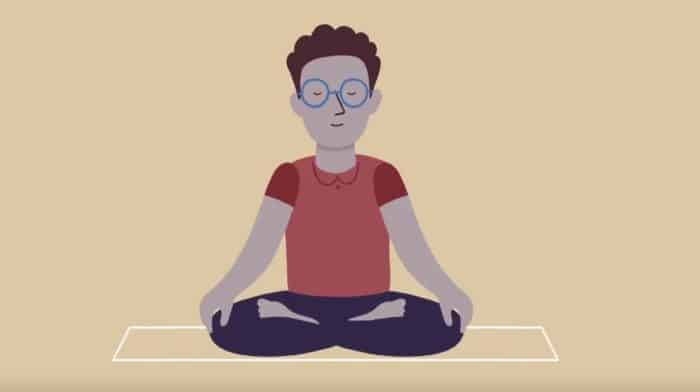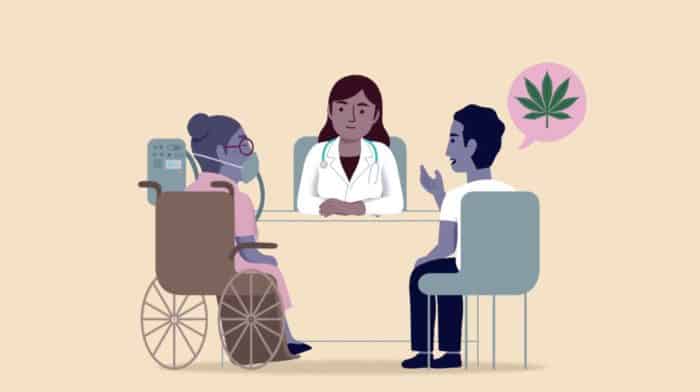Understanding How Vaccines Work
As a caregiver, you spend a lot of your time in close contact with the person you’re caring for. For their safety and yours, it’s important that you both stay up to date with your vaccinations.
In this video, we’ll explain the benefits of getting vaccinated, and go over a few of the vaccinations that every adult should get.
As a caregiver, you spend a lot of your time in close contact with the person you’re caring for. For their safety and yours, it’s important that you both stay up to date with your vaccinations.
In this video, we’ll explain the benefits of getting vaccinated, and go over a few of the vaccinations that every adult should get.
Our immune system protects us against lots of different illnesses, but we come in contact with so many germs every day that it can’t always fight them all off.
Thankfully, there are vaccines available that can help our body deal with these germs and stay healthy and strong.
Vaccines work by introducing a small amount of a virus into our body in a weakened or dead form. This allows our immune system to produce antibodies – which are special cells that teach our immune system how to defend against the virus. This will fight it off if we are exposed to it in the future.
Even if a vaccine isn’t always successful at keeping you or the person you’re caring for from getting sick, it will still make the symptoms less severe and the recovery time shorter.
Getting vaccinated can also help protect you against other health problems not directly related to the vaccine itself. For example, the hepatitis B vaccine lowers your risk of liver cancer, and the HPV vaccine lowers your risk of cervical cancer.
As we age our immune system becomes more vulnerable. If the person you’re caring for is elderly, it’s especially important that they get vaccinated, and that the people around them do too.
It’s much harder for a disease to spread if everyone in the community is vaccinated against it. This is called “herd immunity”, and it helps to protect people with weakened immune systems and those who can’t be vaccinated due to medical conditions or allergies. Herd immunity also helps keep future generations safe by preventing diseases from coming back.
You and the person you’re caring for should get vaccinated for the flu every year. Flu shots are available for free in most Canadian provinces and territories, and can usually be obtained from your doctor or at your local drugstore.
Some other vaccines that are important to get as an adult include diphtheria, hepatitis A & B, shingles, HPV, measles, mumps, pertussis, rubella, and tetanus.
Although certain vaccines require multiple doses in order to build immunity, some only require one dose and you’ll be covered for life like the shingles and HPV.
Like all medications, vaccines can occasionally cause reactions in some people. These reactions are usually mild and non-life threatening, and often clear up in a few days.
Some common side effects are pain, redness, swelling at the injection site, mild fever, mild rash, headaches and fatigue.
Severe allergic reactions to vaccines are rare, but your doctor will ask you to stay in the office for fifteen to twenty minutes after being vaccinated to make sure a severe reaction doesn’t develop.
By making sure that you and the person you’re caring for are both properly vaccinated, you’ll help prevent yourselves and the people around you from getting sick.
Be sure to visit our CareChannel site for additional caregiver support and resources.






